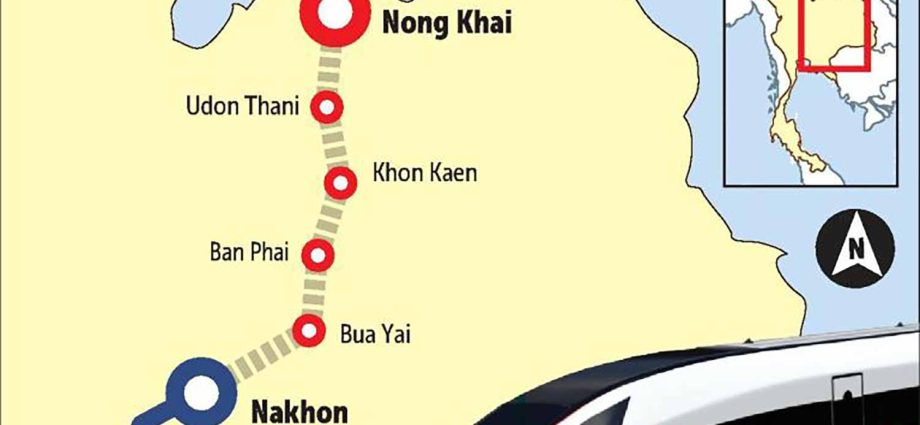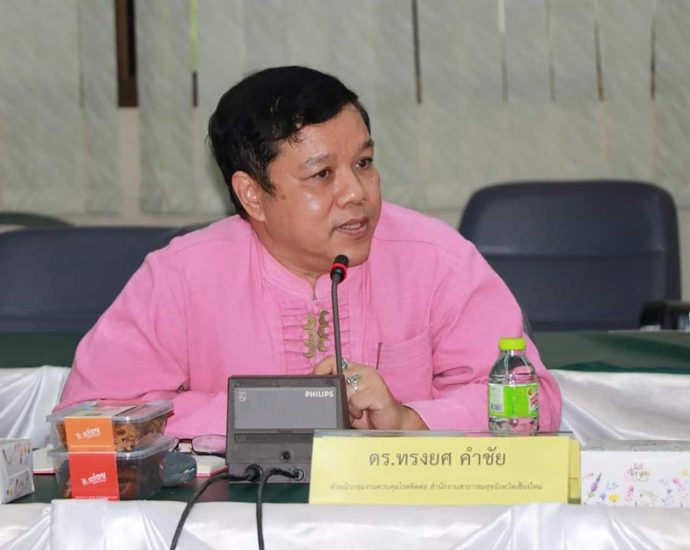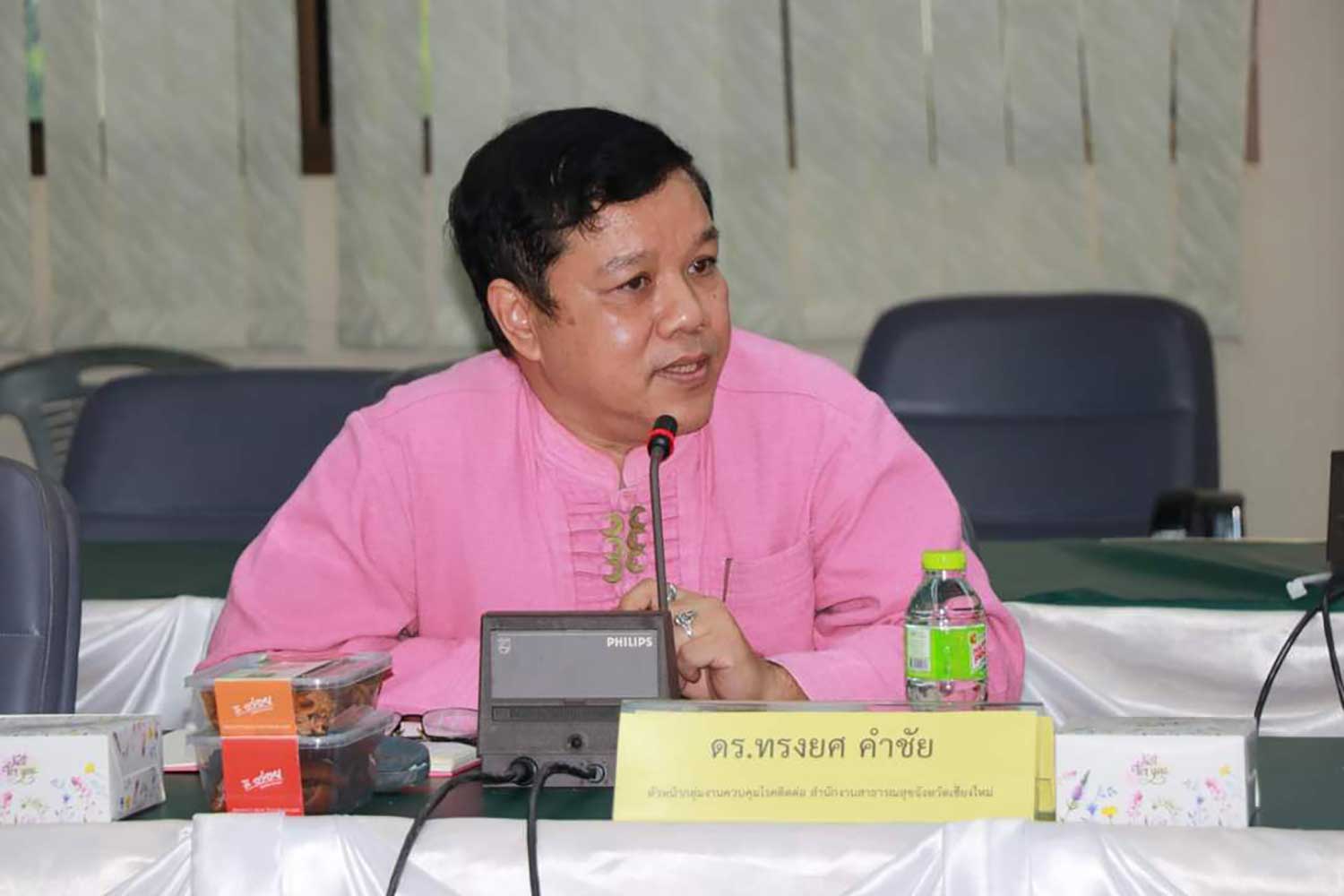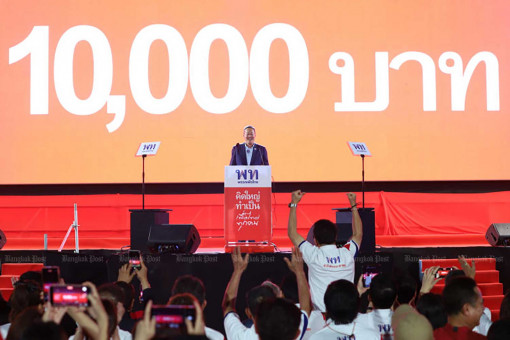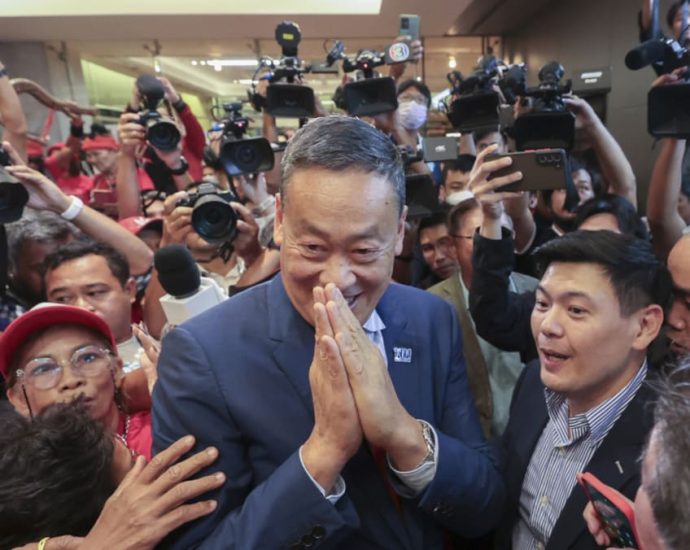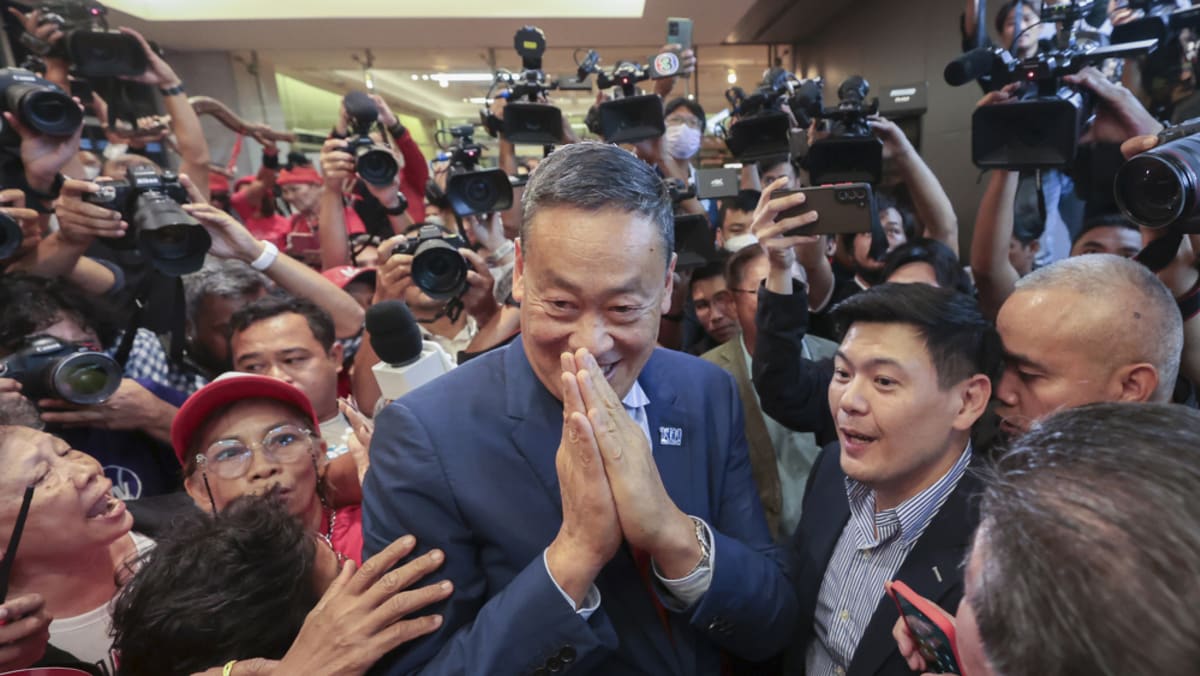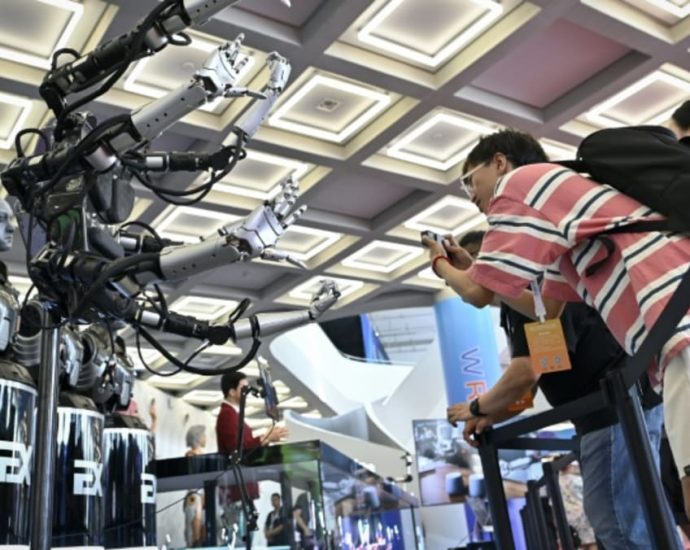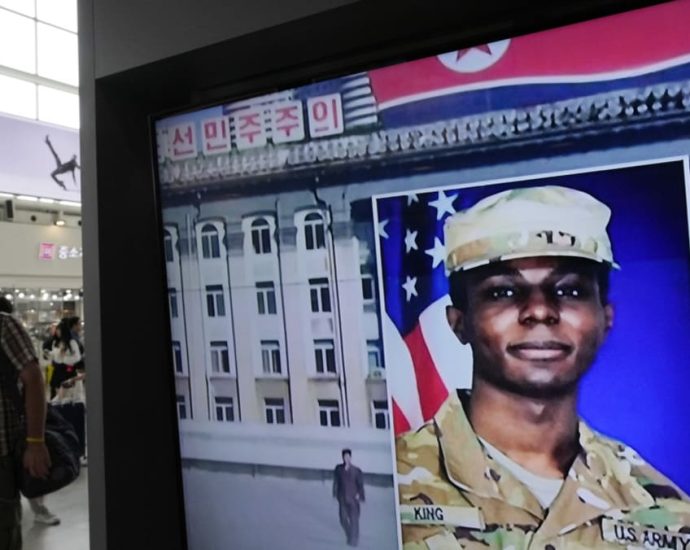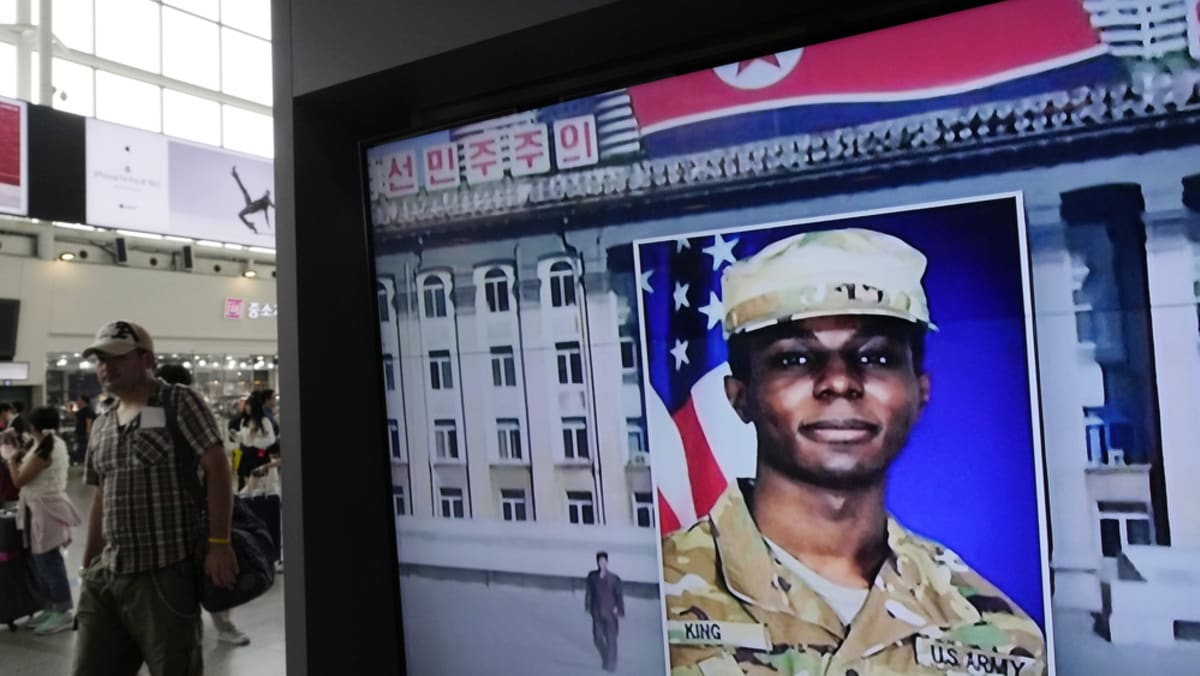Phase 2 of Sino-Thai rail project set for cabinet scrutiny
PUBLISHED : 24 Aug 2023 at 06:01

The second phase of the Thai-Chinese high-speed train project is expected to go to the cabinet before year’s end, while the first phase is likely to start by 2026, says deputy government spokeswoman Rachada Dhnadirek.
Ms Rachada gave an update on the high-speed rail development scheme after the caretaker government on Wednesday reviewed the result of the 30th meeting of the joint committee on Thai-Chinese rail cooperation.
She said Thailand and China agreed to proceed with the second phase linking Nakhon Ratchasima with Nong Khai and both sides would meet again following a tripartite meeting on rail network development between Thailand, China and Laos.
The 356km second phase, estimated to cost 300 billion baht, features a 185km ground track and a 171km elevated track with five stations — Bua Yai, Ban Phai, Khon Kaen, Udon Thani, and Nong Khai.
Under the timeline, construction is expected to begin in 2024, with a total of 13 contracts to be awarded — 12 related to construction and one pertaining to the railroad signalling system. The project should be operational by 2028.
A depot with a light maintenance centre will be built in Nong Khai’s Natha district while the key maintenance centre will be in Ayutthaya’s Chiang Rak Noi. The State Railway of Thailand (SRT) is working on an environmental impact assessment (EIA).
Ms Rachada said a panel to coordinate on the network between Thailand, Laos and China was also set up as the Thai section in Nong Khai would be linked to Vientiane in Laos and Kunming in China’s southern Yunnan province.
The committee is expected to study traffic management on the rail bridge across the Mekong River pending construction of a new bridge, and test the strength of the bridge.
The new bridge, which is 30 metres away from the existing one, will be a joint project between the Thai and Lao governments. A feasibility study is being conducted and an initial report is expected to go to Laos this month.
She said the cabinet on Wednesday acknowledged progress of the first phase of the Thai-Chinese high-speed train project, which is expected to start in 2026. An institute on rail system research and development would be set up, she added.
The Transport Ministry has also proposed an agency to run the high-speed train system.


